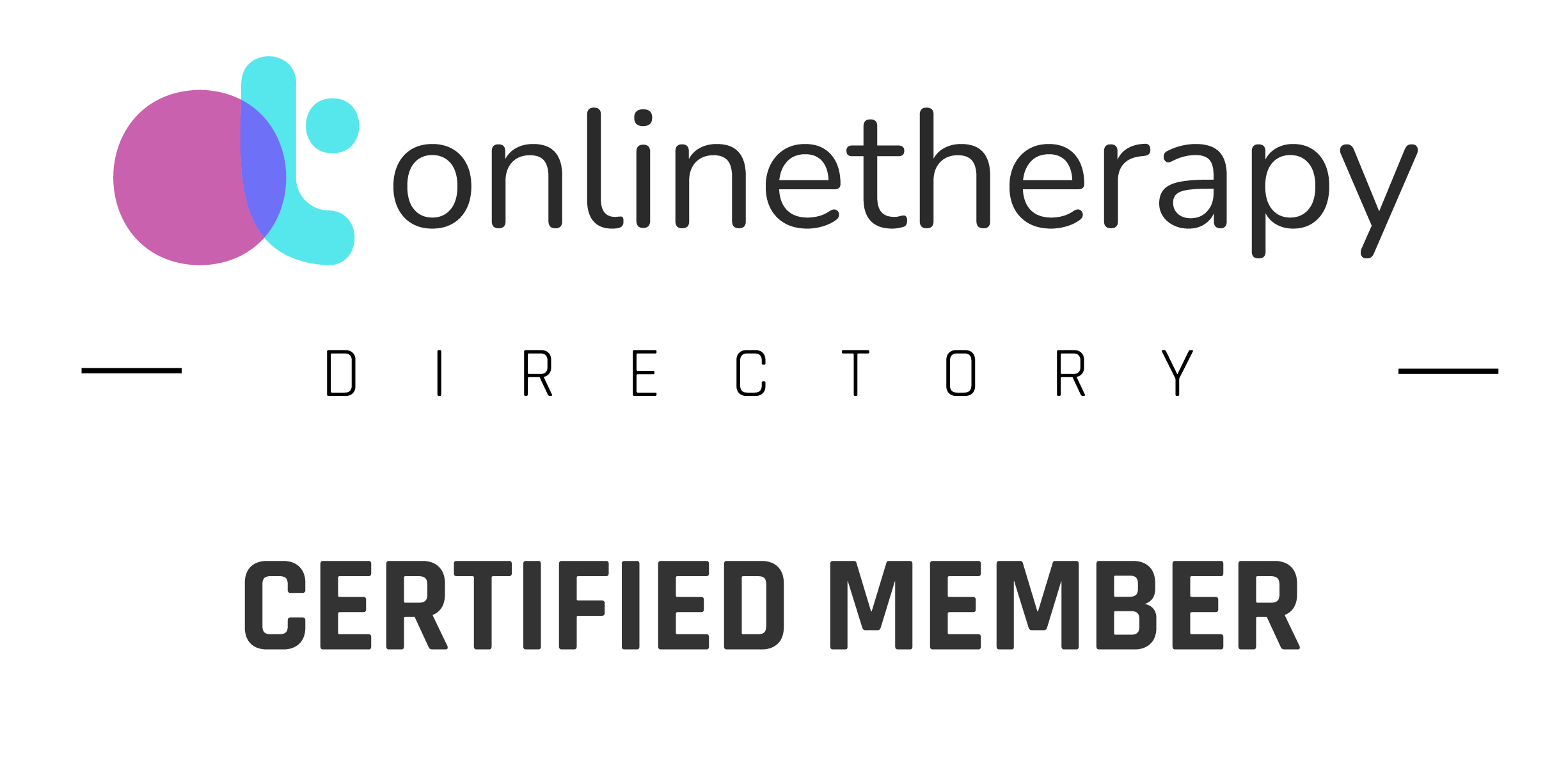When it comes to maintaining emotional well-being, relationships, and community connections, taking care of your mental health isn’t something you have to do alone. Whether you’re going through a stressful time or just feeling a bit disconnected, the people around you can make a big difference. Friends, family, coworkers, and even local groups can offer comfort, encouragement, and a sense of belonging when you need it most.
People who feel supported tend to handle life’s ups and downs better and recover faster from challenges like anxiety or depression. Beyond simply lifting our mood, meaningful connections help us build resilience, manage stress, and even improve our physical well-being.
Sometimes, it’s as simple as having someone who listens without judgment or a community that reminds you that you’re not alone. These relationships lay the groundwork for lasting emotional wellness.
Why Connection Protects Against Anxiety and Depression
Meaningful relationships give us a sense of identity, security, and belonging. When we have someone to turn to during tough times, it becomes easier to regulate emotions and put stressful experiences into perspective.
People with strong social networks are less likely to develop chronic anxiety or depression. Connection acts as a buffer against stress hormones, such as cortisol, helping the body and mind recover from emotional strain. Whether through daily interactions, virtual communities, or shared activities, feeling supported helps reduce loneliness and fosters emotional balance.
Maintaining healthy communication, spending time with loved ones, and joining interest-based groups can all make a measurable difference in mental well-being.
How to Build a Reliable Support System
A reliable support system doesn’t appear overnight. Naturally, it takes time and intentional effort to create a meaningful community of your own. The first step is identifying the people in your life who make you feel understood and valued. These can be close friends, family members, mentors, or even neighbors.
To strengthen your support system:
- Be open about your needs: Let others know when you need help or just someone to talk to.
- Invest time in relationships: Consistent communication builds trust and reliability.
- Join community activities: Volunteering, joining local clubs, or attending classes can connect you with like-minded people.
- Nurture reciprocity: Support works best when it flows both ways. Offering help to others often strengthens your own sense of belonging.
The goal isn’t to have dozens of connections but to cultivate a few dependable ones that provide emotional security and understanding.
Community Resources and Groups in Reno
Reno offers various organizations and local initiatives designed to foster connection and improve well-being. These resources provide safe spaces where individuals can talk openly, learn coping skills, and find belonging.
Some helpful community options include:
- The National Alliance on Mental Illness (NAMI) Western Nevada: Offers peer-led support groups and educational programs for individuals and families affected by mental health conditions.
- The Eddy House: A local resource offering community support and counseling services for young adults navigating mental and emotional challenges.
- City of Reno Community Centers: Many centers host wellness workshops, meditation groups, and recreational activities that help build social connections.
- Nevada Peer Support Network: This network offers peer support and is especially tailored to first responders, veterans, and EMS workers.
These groups remind residents that they are never alone in their journey toward emotional health.

Why Is Social Support Important for Mental Health?
Social support provides a foundation for stability and emotional growth. It helps individuals feel valued, capable, and understood. When you have people who listen, empathize, and encourage, it becomes easier to manage stress and recover from setbacks. This helps to:
- Increase self-esteem and confidence
- Lower levels of anxiety and depression
- Improve problem-solving and coping skills
- Reduce risk of isolation and loneliness
- Adhere to treatment and recovery plans
How Does Lack of Social Support Affect Mental Health?
On the other hand, social isolation or lack of support can lead to emotional strain and long-term health challenges. When individuals lack meaningful connections, stress levels often rise, and feelings of hopelessness or anxiety may increase. Inadequate support involves:
- Increased risk of depression and mood disorders
- Difficulty managing daily stressors
- Poorer sleep and physical health
- Decreased motivation or sense of purpose
- Greater vulnerability to substance misuse or self-destructive behavior
Without connection, people may begin to feel detached from others, which can perpetuate cycles of loneliness and mental distress. Recognizing this pattern is the first step toward rebuilding healthy relationships.
Tips for Reaching Out When You Feel Alone
Reaching out can feel daunting, especially when you’re struggling emotionally. However, taking small, consistent steps can make a significant difference.
Try the following:
- Start with someone you trust: A brief conversation or text can open the door to more meaningful dialogue.
- Be honest about how you feel: Sharing your experiences can help others understand what kind of support you need.
- Seek professional help: Therapists and counselors can provide guidance on managing emotions and rebuilding connections.
- Engage in community activities: Social interaction, even in structured environments, helps reduce feelings of isolation.
- Be compassionate with yourself: Remember that seeking help is a sign of strength, not weakness.
Support is an ongoing process that grows as you allow others to be part of your journey.
Finding Strength Through Connection
At its core, mental wellness thrives on connection. Building and maintaining strong relationships helps create a foundation for stability, purpose, and resilience. Whether through trusted friends, family, or local support groups, each connection offers an opportunity for healing and growth.
At Mind and Body Counseling Associates, we understand reaching out feels difficult, but everyone deserves to be supported and understood. By prioritizing relationships and embracing community, you take an essential step toward lasting emotional well-being, proving that no one has to face life’s challenges alone.


